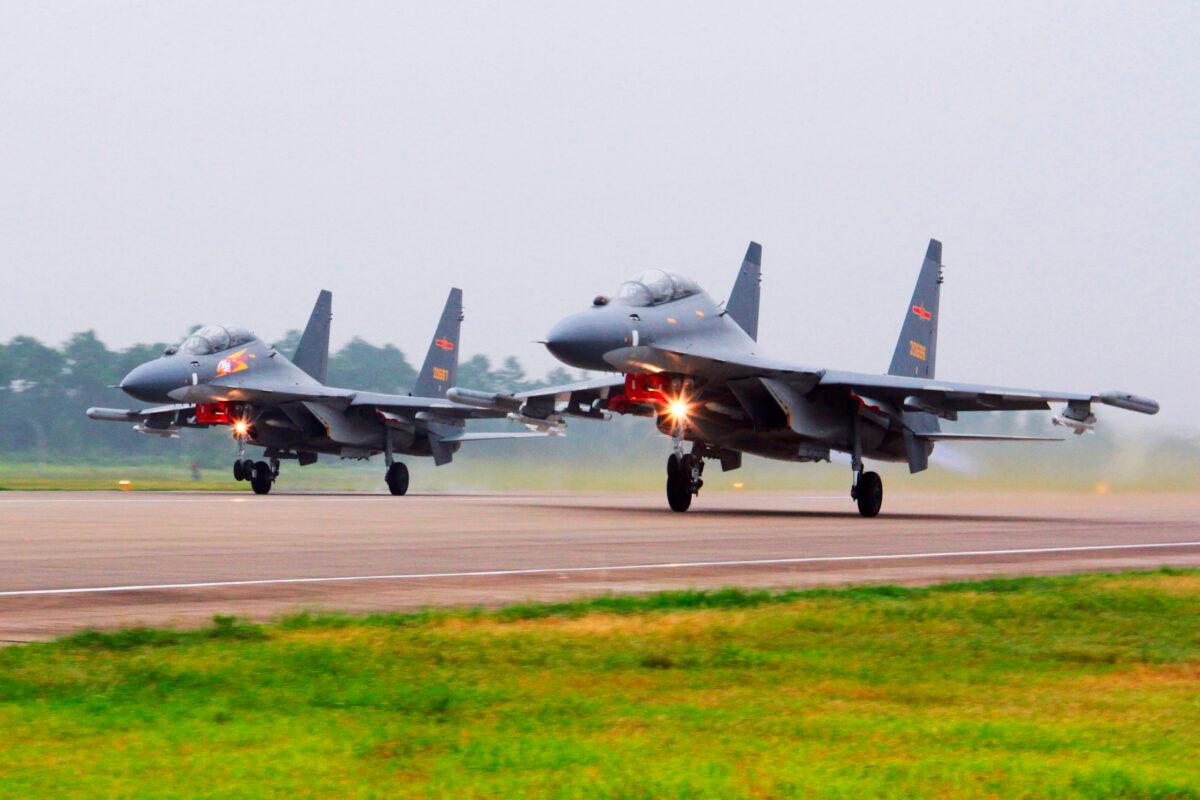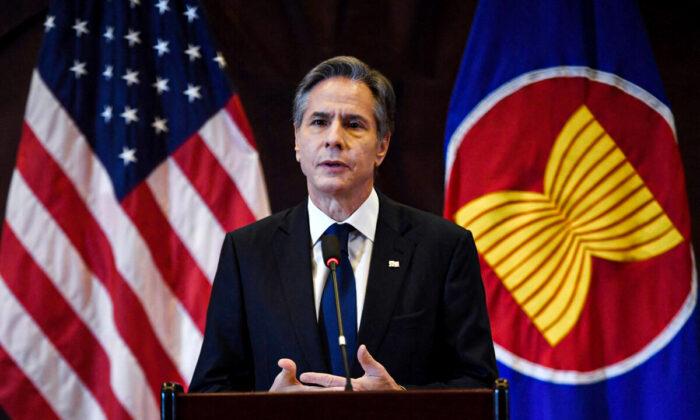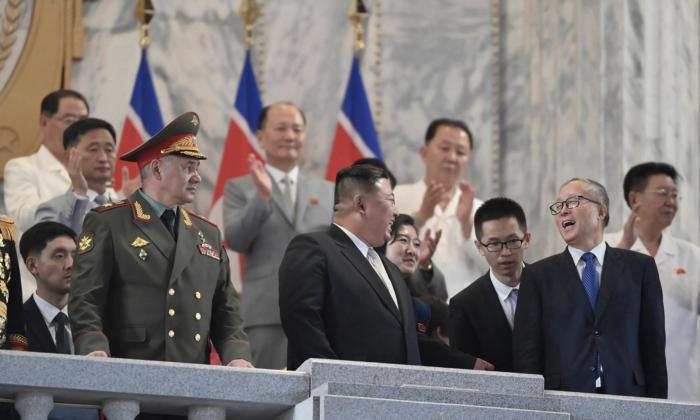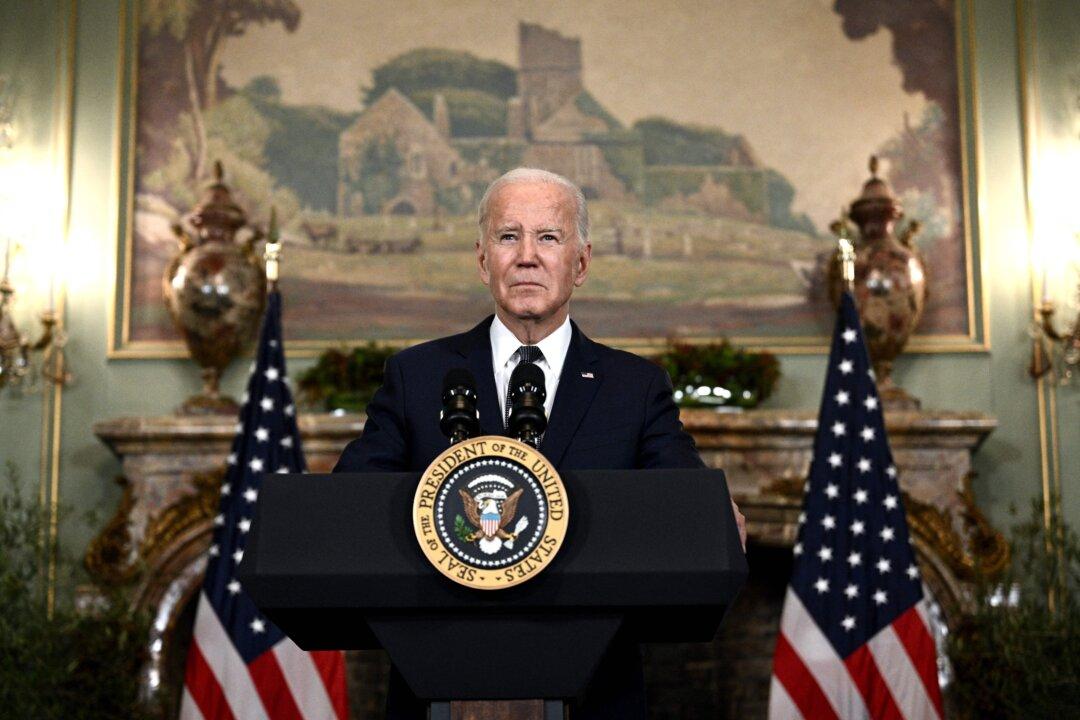News Analysis
U.S. Secretary of State Antony Blinken recognizes China as the predominant threat to the United States. He outlined the U.S. policy for limiting the power of the Chinese Communist Party (CCP), while enhancing relations with U.S. allies.
“China is the only country with the economic, diplomatic, military, and technological power to seriously challenge the stable and open international system,” Blinken said in his first major foreign policy speech in March.
Consequently, he said that the administration must protect U.S. jobs, improve relationships with allies, maintain the U.S. military advantage, oppose unfair trade practices, and limit the power of the CCP.
U.S. tensions with China are predicated on human rights in Xinjiang, Taiwan’s right to exist as an independent nation, Hong Kong’s autonomy, the origins of the coronavirus pandemic, China’s unfair trade practices, the Chinese military’s global expansion, the right of all nations to access maritime shipping lanes, and China’s aggression in the Indo-Pacific.
U.S. allies are suffering at the hands of the CCP. China’s illegal fishing operations are hurting Southeast Asian nations. Through the Belt and Road Initiative (BRI), China has lent money with opaque terms, fostering corruption and increasing the debt burden of some of the poorest nations. Chinese companies building megaprojects in foreign countries, using Chinese labor, has decreased the number of jobs created for locals. Oftentimes, quality standards on BRI projects are not met, resulting in poorly built infrastructure, which the host country must pay for. Additionally, the Chinese regime subjects developing nations to resource extraction and environmental degradation.
In the face of the CCP’s expanding influence, Blinken pledged that the United States would forge stronger ties with Japan, South Korea, Australia, Thailand, and the Philippines, as well as ASEAN. He also called for increased cooperation on maritime issues, security, resource management, and conservation of fisheries.
Speaking at the University of Indonesia in Jakarta on Dec. 14, Blinken said that Washington is prepared to work with its allies to “defend the rules-based order” and to ensure that countries have the right to “choose their own path.”
According to Blinken, the United States is more aligned with its allies now and in a stronger position to oppose China, than in the past. He reaffirmed that the United States supports Lithuania, a small nation that recently made international headlines by standing up to Beijing’s bullying over Taiwan relations. Furthermore, he said that the United States is prepared to cooperate with like-minded nations to push back against the CCP.
Blinken affirmed the importance of Southeast Asia in the U.S. Indo-Pacific policy, warning the CCP to desist from “aggressive actions” in the region. He accused the CCP of restricting access to the sea, subsidizing state-run companies, and banning trade with countries that stand up against Beijing’s aggression. For example, China threatened the United States and European Union for speaking out against genocide in Xinjiang as well as supporting the pro-democracy movement in Hong Kong. Furthermore, the CCP regularly threatens countries that engage with Taiwan. At a virtual conference between Chinese leader Xi Jinping and President Joe Biden last month, Xi said that support for Taiwan was “like playing with fire,”and that Beijing would take “decisive measures” if Taiwan moved toward independence.
The CCP threatens freedom of navigation in the South China Sea, which sees the transit of $3 trillion of cargo each year. Additionally, Beijing claims all of the resources of the disputed waters, although five other nations, including Taiwan, have conflicting claims. The PLA has also stationed weapons in the disputed zone, including anti-ship and surface-to-air missiles, despite the fact that in 2016, an international tribunal declared that China had no historical basis to claim the entire South China Sea.

The PLA has increased the frequency of its drills in the Indo-Pacific, deploying numerous J-16 fighters, H-6 long-range bombers, and anti-submarine and surveillance aircraft—which violates the waters and airspace around Taiwan.
Japan feels particularly threatened by Chinese militancy directed at Taiwan, as Japan sees Taiwan as an important component in its own national security. The Japanese government also regards China’s economic rise, combined with its increased aggression, as a threat to Japanese prosperity and security.
Blinken restated last month that the United States and its allies would “take action” if China attacked Taiwan. He also assured his Japanese counterpart that the United States is committed to defending both Taiwan and Japan. He was particularly careful to mention that Article 5 of the Japan-U.S. Security Treaty for the Senkaku Islands was in force.
Article 5 states, “Each Party recognizes that an armed attack against either Party in the territories under the administration of Japan would be dangerous to its own peace and safety and declares that it would act to meet the common danger.” Essentially, Blinken was confirming that the United States recognizes the disputed Senkaku Islands as Japanese, not Chinese, territory.
On an ongoing basis, the CCP bullies, exploits, and intimidates other nations. “Countries across the region want this behavior to change—we do too,” affirmed Blinken. He went on to say that the United States would enhance its current alliances, while forging new ones, cooperating militarily and economically with Asian nations to maintain regional peace and prosperity.
According to Blinken, the new U.S. strategy will derive from a position of power, sharing diplomacy, military might, and intelligence with America’s Asian partners.
Views expressed in this article are opinions of the author and do not necessarily reflect the views of The Epoch Times.






Friends Read Free